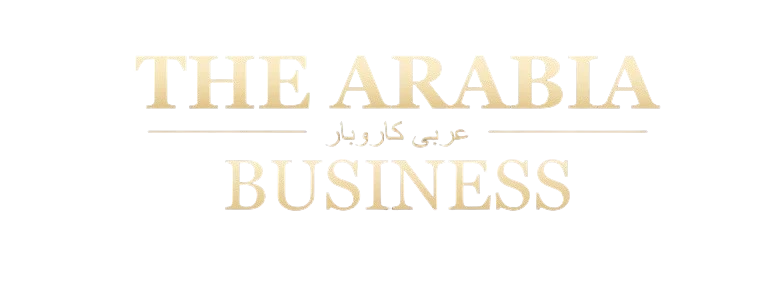
The Rise of Islamic Finance: Reshaping Global Banking from the Middle East
Over the past decades, the world of finance has seen a revolutionary change from the very core of the Middle East — the swift emergence of Islamic finance. Based on Shariah (Islamic law), Islamic finance is a unique and burgeoning part of the international financial system. With ethics at its foundation, this system does not allow interest (riba), too much uncertainty (gharar), and investment in sectors that are deemed detrimental (e.g., alcohol, gambling, and weapons). From a small specialized financial service offered to a select group of Muslims, this has now grown to become an influential force changing banking practices and standards worldwide.
The Foundations of Islamic Finance
Islamic finance is based on the principles of risk-sharing, transparency, and equity. Islamic financial institutions do not lend money at interest, instead, they take part in profit-and-loss sharing contracts. Murabaha (cost-plus finance), Ijara (leasing), Mudarabah (profit-sharing), and Musharakah (joint venture) are common instruments. The models guarantee that risks and rewards are shared by both sides, resulting in a more balanced and ethical financial relationship. Most importantly, Islamic finance transactions have to be supported by actual assets or services. This asset-backed character not only supports real economic activity but also constrains the speculative practices that led to the global financial crisis of 2008.
Growth Driven by Demand and Demographics
The swift growth of Islamic finance is due to a mix of increasing Muslim populations, increasing economic influence in the Gulf and Southeast Asia, and demand for financial products that are consistent with religious and ethical principles. Saudi Arabia, the United Arab Emirates, Qatar, and Malaysia have emerged as centers for Islamic banking and finance.
Based on the Islamic Financial Services Board (IFSB), the world’s Islamic financial assets broke the $3.5 trillion mark in 2023 from a mere $200 billion back in the early 2000s. More than 80 countries have Islamic banks operating, and leading world financial hubs like London, Hong Kong, and Luxembourg are opening up more and more to offer Islamic financial products to capitalize on this growing customer base.
The Role of the Middle East
The Middle East has been central in the evolution and global expansion of Islamic finance. Wealth driven by oil, alongside robust government backing, has enabled nations such as Bahrain and the UAE to make substantial investments in Islamic financial infrastructure. Organizations such as the Saudi Arabia-based Islamic Development Bank (IDB) have further contributed to the industry through project financing in Muslim and non-Muslim majority countries.
Dubai has specifically aligned itself as an international Islamic economy hub. With initiatives such as the Dubai Islamic Economy Development Centre and the founding of the world’s first full-service Islamic bank (Dubai Islamic Bank), the emirate has emerged as a central driver in the global quest for Sharia-compliant finance.
Effect on Global Banking
Islamic finance is not a replacement for Muslims alone; it is a viable and competitive model that has lessons to teach the traditional financial system. When the financial crisis of 2008 broke out, Islamic banks were extolled for their stability, as their eschewing of knotty derivatives and high-risk speculative products shielded them from the worst effects of the crash.
Consequently, numerous foreign banks, such as HSBC, Standard Chartered, and Citibank, have established Islamic banking units or collaborated with domestic banks to provide Sharia-compliant products. In addition, sovereign and corporate sukuk (Islamic bonds) have become increasingly popular among investors in search of stable, ethical substitutes for conventional bonds.
Challenges and the Road Ahead
Despite its impressive growth, Islamic finance faces several challenges. Regulatory differences across jurisdictions, the lack of standardization, and a shortage of qualified Shariah scholars and experts create inconsistencies and confusion. Moreover, balancing innovation with adherence to religious principles requires careful navigation.
Nevertheless, continued initiatives by global standard-setting organizations, including the Accounting and Auditing Organization for Islamic Financial Institutions (AAOIFI) and the IFSB, are streamlining practices and building global awareness of Islamic finance.
Conclusion
The emergence of Islamic finance is a major turn of events in the global financial arena. Hailing from the Middle East, it presents an alternative model of banking that values equity, transparency, and collective prosperity. As the globe continues to seek ethical and sustainable options to conventional finance, Islamic banking is well positioned not only to meet the demands of Muslim communities but also to shape the overall financial system. In the process, it continues to redefine global banking — one Sharia-compliant transaction at a time.






